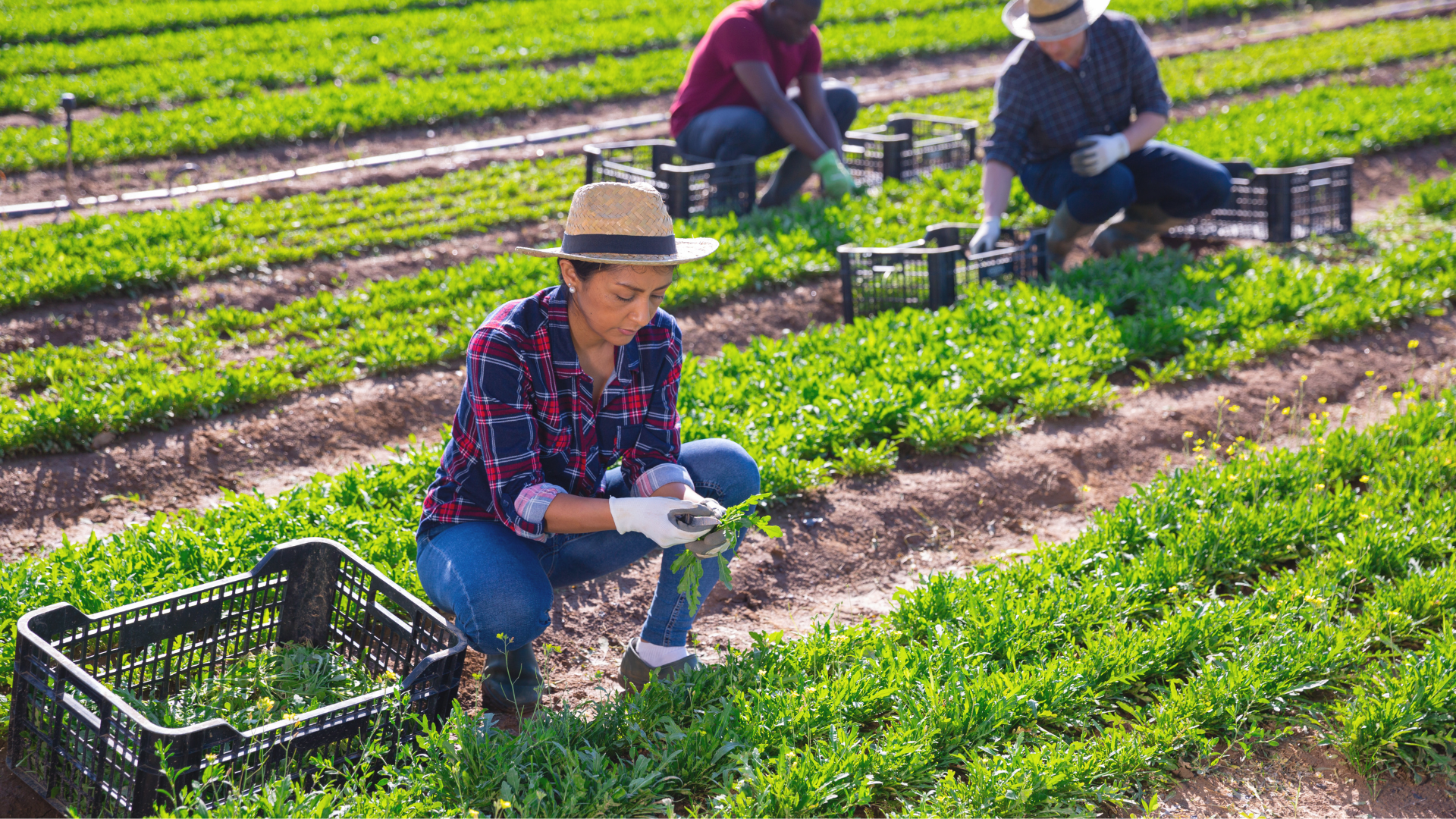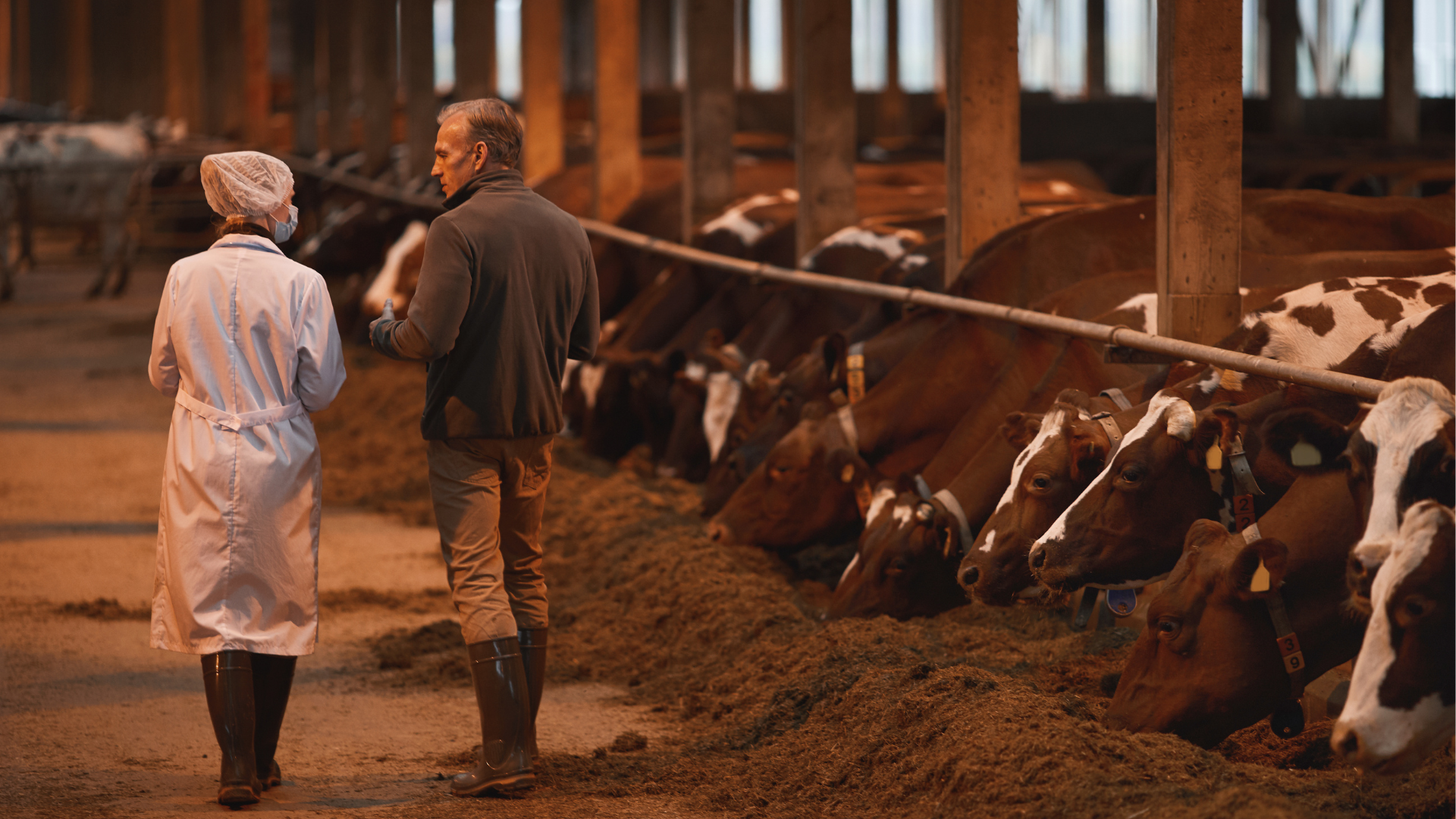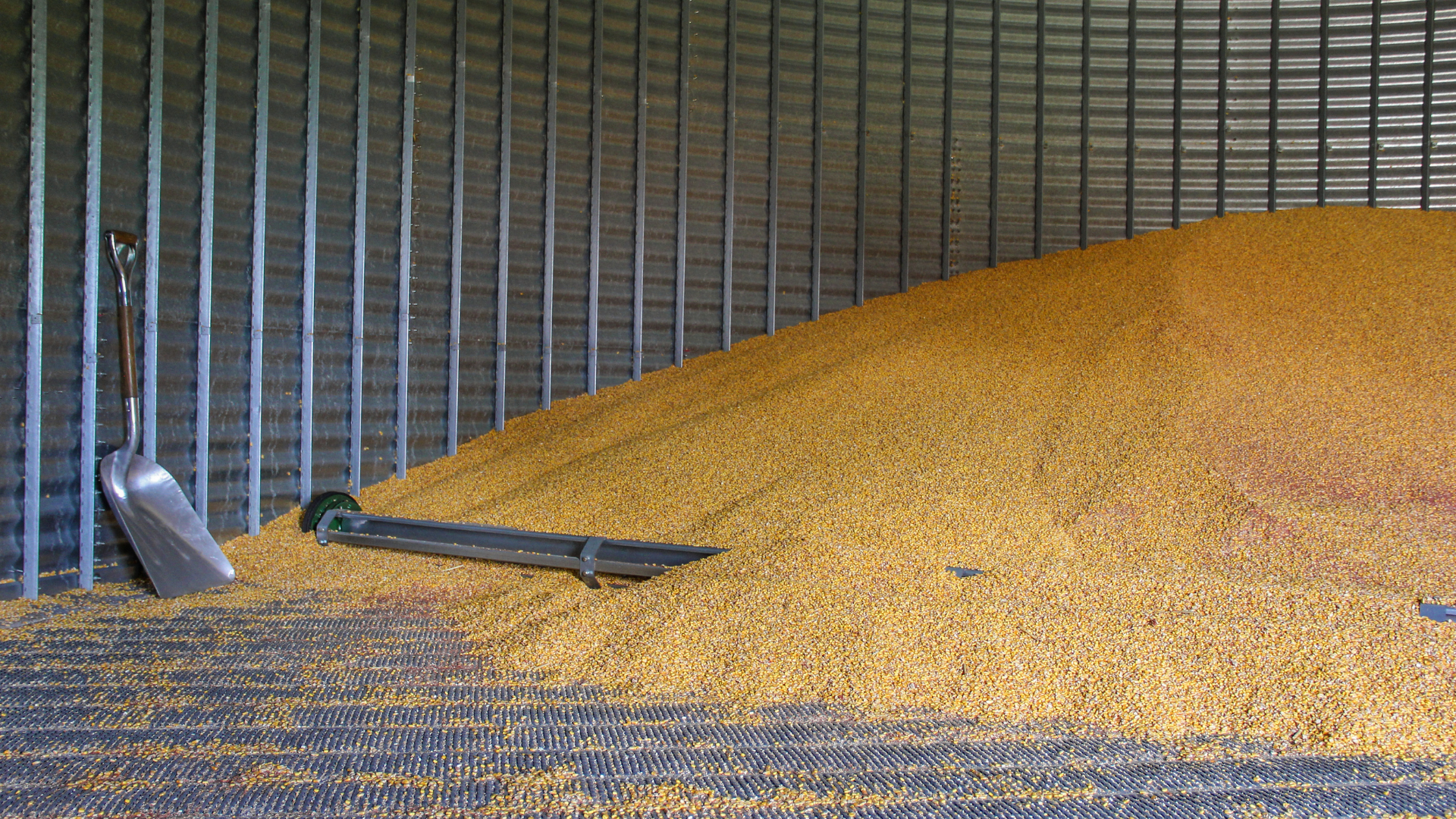QPR for Farmers and Farm Families
What is QPR? QPR training teaches laypeople and professionals to recognize and respond to mental health crises using the approach of Question, Persuade and Refer. To attend this training participants must be 18 years of age or older. In this 1.5-hour QPR training, we will provide: - Information on the unique challenges farmers face thatRead More












